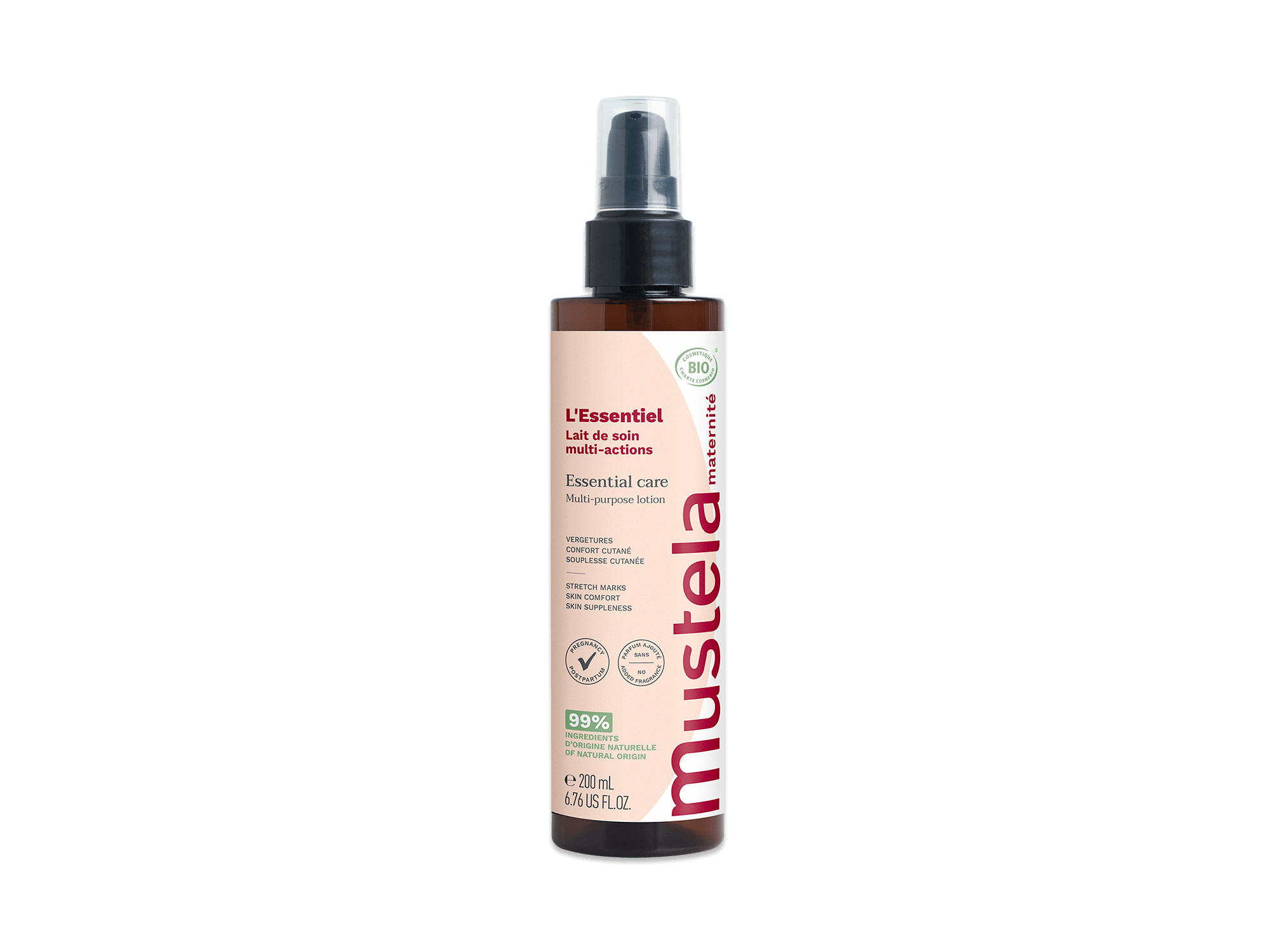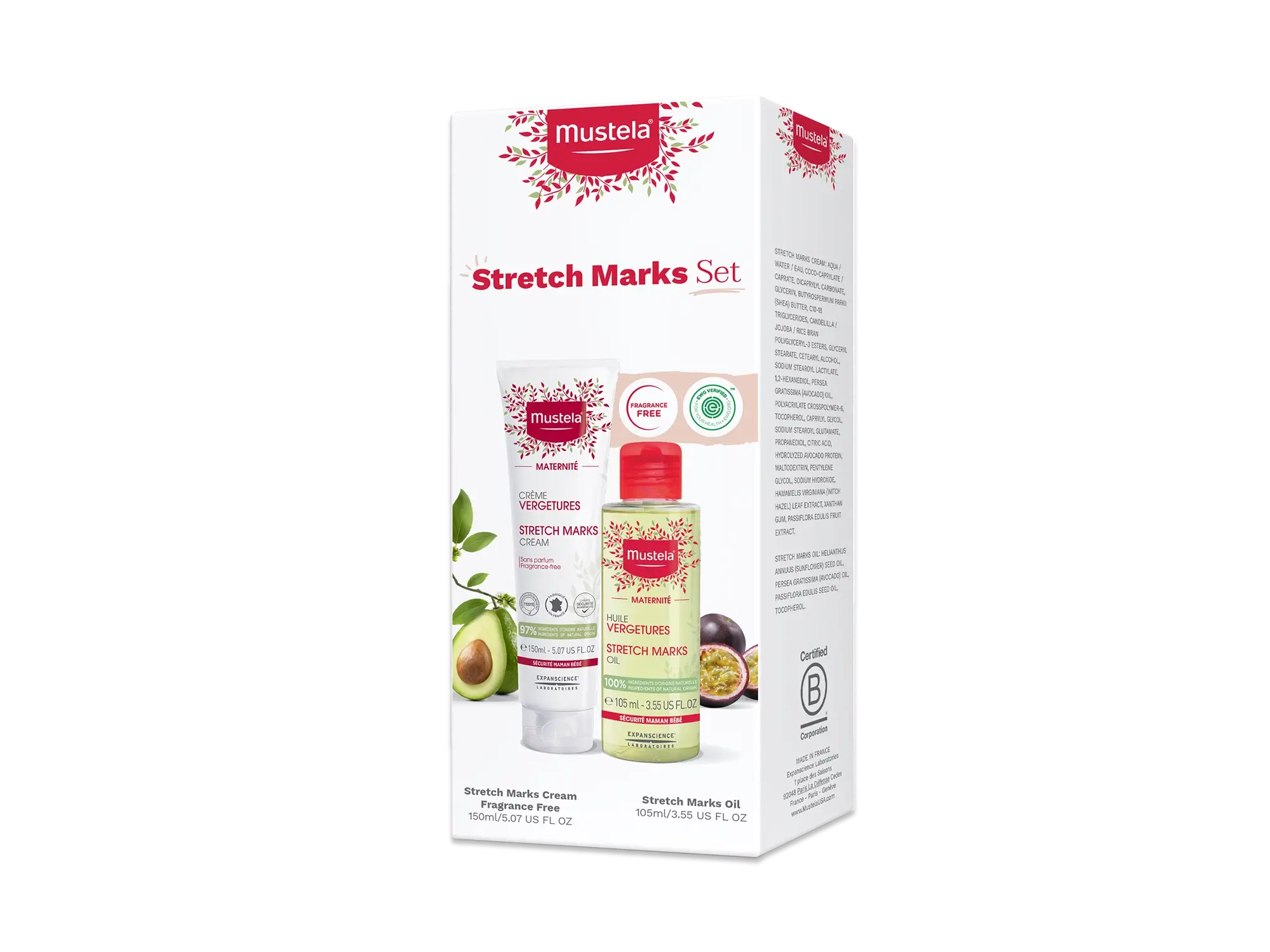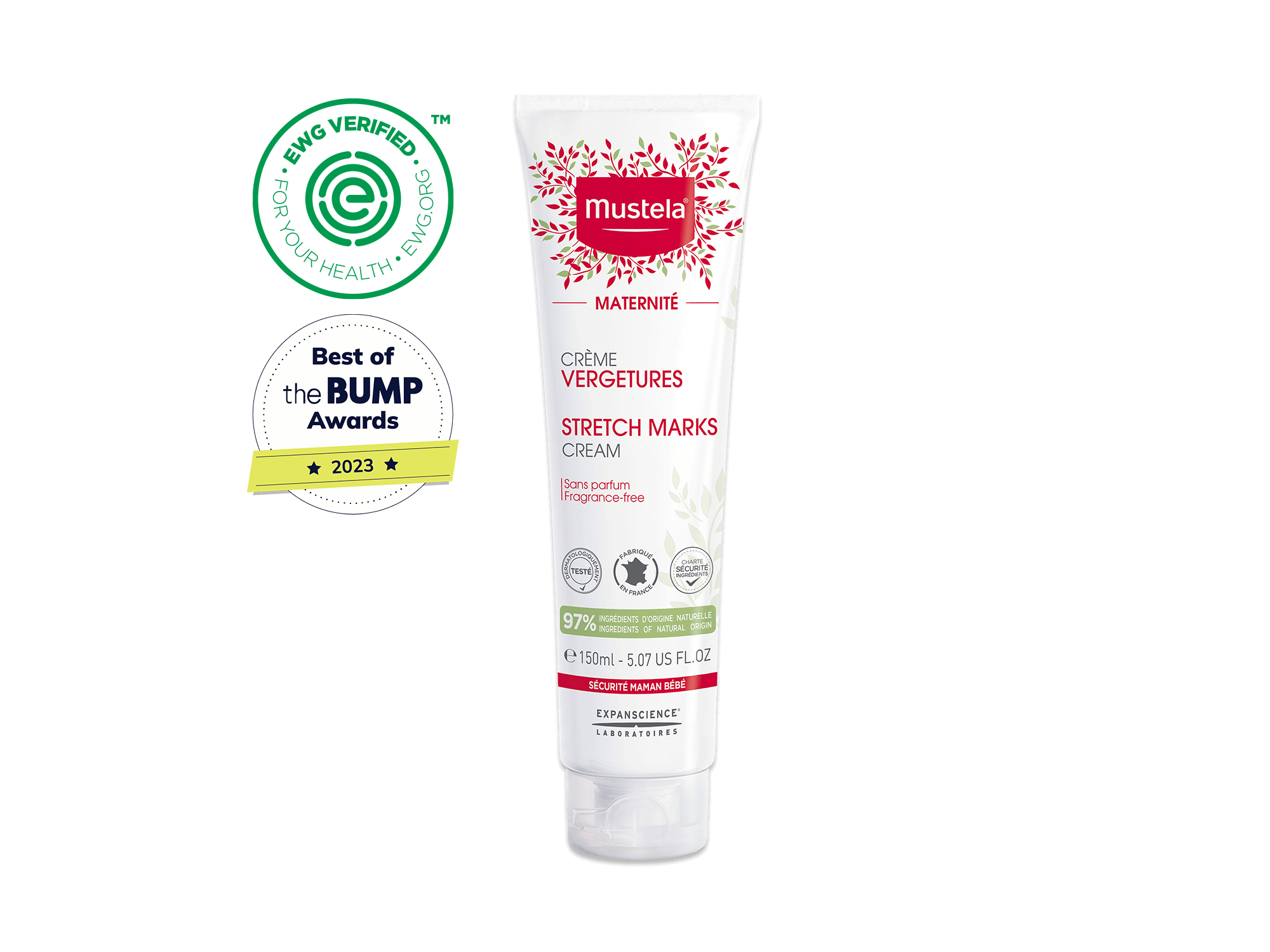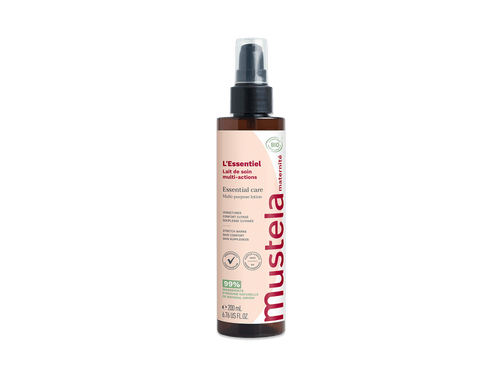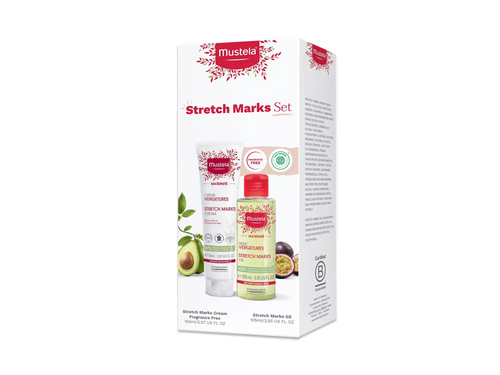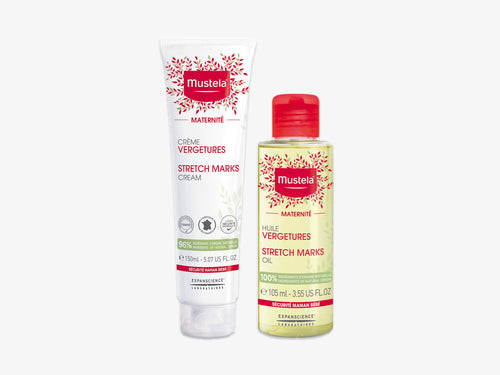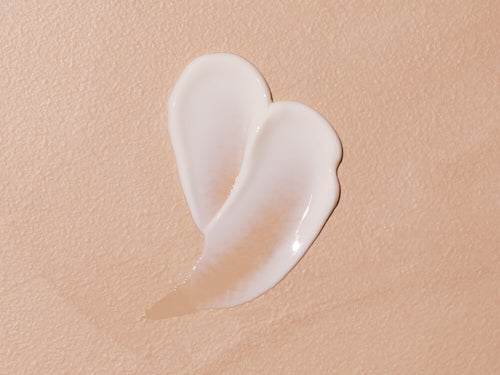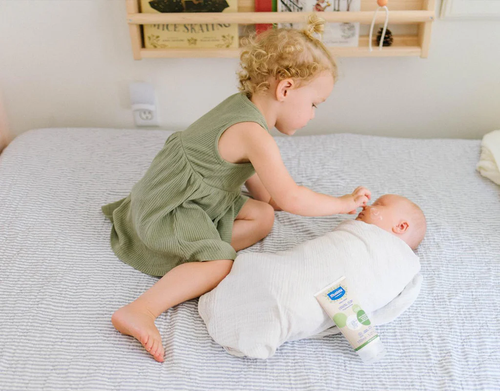Talking with other moms is a great way to learn about pregnancy and breastfeeding. Unfortunately, it’s also a great way to spread common breastfeeding myths. If you’re unsure about what to believe when it comes to breastfeeding, we’re here to help show you what’s true and what’s false. We’ve created a list of the most common breastfeeding myths and realities so that you can rest easy and have a great nursing experience.

1. Breastfeeding Ruins The Shape Of Your Breasts
This myth is false — breastfeeding will not ruin the shape of your breasts. Yes, they will grow as you gain weight and swell as milk is produced, but that’s nothing to be concerned about. As you shed your pregnancy weight and eventually begin to wean your baby, your breasts will gradually return to a more “normal” shape. So just relax and enjoy the bonding time that breastfeeding provides.
To ensure that your breasts stay healthy during pregnancy and breastfeeding, we recommend that you pamper them with a firming product like Mustela’s Bust Firming Serum. The nursing-safe formula stimulates the supportive tissue in your breasts and prevents the skin from sagging as your breasts grow. Simply apply the serum daily to help your breasts maintain their shape.
2. Feeding Your Baby At Night Makes Breastfeeding Easier

Yes, feeding your baby at night does make breastfeeding easier. Nursing your baby at night will help you maintain an ample milk supply. If you go too long between feedings, milk production can slow and even stop. This can make it difficult to start nursing in the morning when your baby is ready to feed again. Additionally, most newborns will need to nurse at night and won’t actually sleep all the way through until six-months or even twelve-months old. So when your three-month-old baby starts crying at 2 a.m., it’s a good idea to feed her. She’ll be happy, and though you’re losing a bit of sleep, it will be well worth it in the long run to see your baby grow up into a happy and healthy child.
3. Small Breasts Can’t Produce Enough Milk
This myth is false. There’s no reason to feel uncomfortable if your breasts don’t grow as much as you were expecting. The mammary gland is roughly the same size for all women and the difference in breast size has more to do with fat content than their ability to produce milk. In summary, breast size has nothing to do with the quantity of milk produced. Add to that the fact that lactation depends mainly on your baby’s appetite, and it doesn’t matter whether you’re feeding with a 32A or a 32C. The more your baby nurses, the more milk you’ll produce.
4. Breast Milk Isn’t Enough Nourishment For Your Baby

False, false, false! Your breast milk is never bad, too thin, or not nourishing enough. If you notice that your baby isn’t gaining weight or that your milk production is declining, don’t worry, it’s not because your milk is somehow bad. More than likely, your baby isn’t latching on to your breast correctly in order to receive the full benefits. Simply reposition yourself and your baby and try again. If you’re worried about a decline in milk production, don’t panic, it may only be a temporary situation brought on by fatigue or strong emotions. Simply nurse your baby as often and as long as possible and rest as much as you can.
5. Breastfeeding Prevents You From Losing Weight
We don’t know where this myth comes from, but it’s completely false. Milk production is a calorie-intensive process. As such, breastfeeding can actually help you burn a large portion of the calories you consume in a day. When breastfeeding is done in conjunction with a healthy diet, you can lose the weight you gained during pregnancy much more quickly.
6. Breastfeeding Can Be Painful

Sorry, new moms, breastfeeding can be painful. That said, the majority of the pain is usually caused by your baby being in a bad position while nursing. Try a new position or switch breasts to reduce the discomfort. Keep in mind that for the first week, your nipples may feel extra sensitive. This is a normal and temporary part of the breastfeeding process. The hypersensitivity will decrease as you continue to nurse your baby. If any pain continues for longer than a week, don’t hesitate to consult your doctor or pediatrician.
To help relieve some of the pain in the meantime, try Mustela's Nursing Comfort Balm in-between feedings. This soothing and restorative nipple cream will ease discomfort and moisturize sensitized nipples.
Plus, it’s environmentally friendly, made of 100% ingredients of natural origin per ISO 16128 standard, and safe for both you and your baby during prenatal and postpartum pregnancy.
7. As Long As You’re Breastfeeding, You Can’t Get Pregnant
False. Though hormones associated with breastfeeding do suppress ovulation, it is still possible to get pregnant as soon as three weeks after birth. Most doctors recommend abstaining from sex until after your six-week check-up. They also suggest waiting at least a year after birth to become pregnant again. Both of these recommendations give your body a chance to heal and ensures that it is not overworked by trying to nurse a newborn while providing nourishment to a growing fetus.



